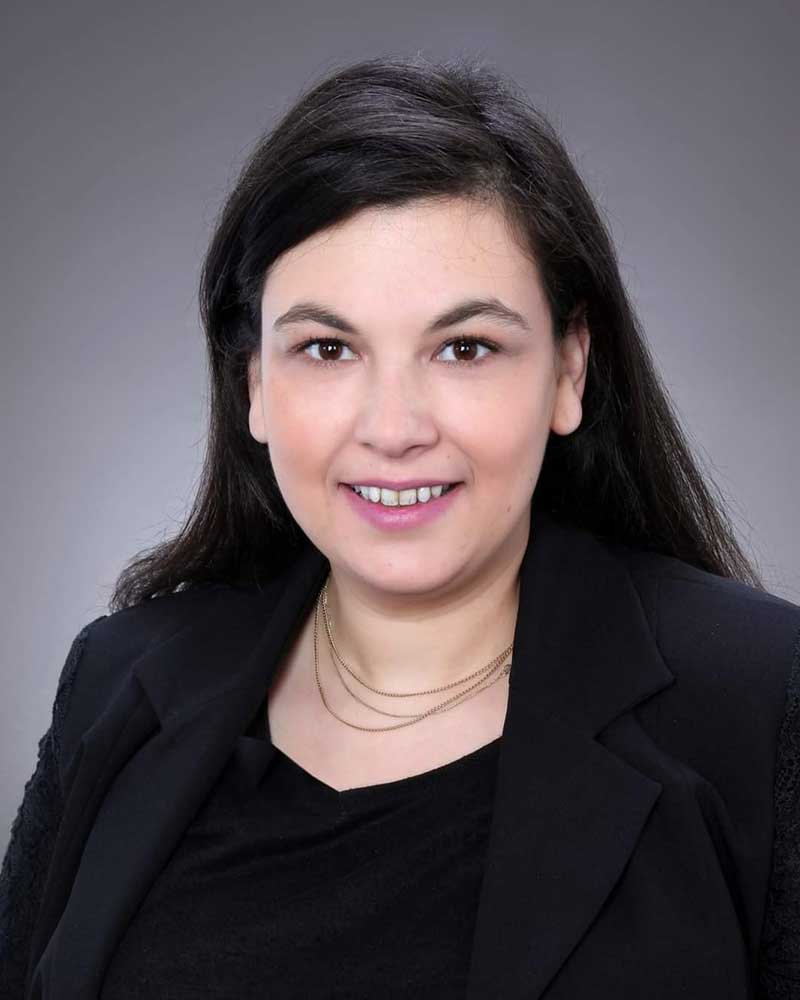
Anat Kraslavsky
PhD Project (2002–2024): The “new anti-Semitism” discourse in a transnational context (Research area Migration)
- BA in “Film and Television Studies”, Tel-Aviv University
- MA studies of “Culture Studies” at Tel-Aviv University and Copenhagen University (Danish government scholar)
- MA in “Religion and Culture” from Humboldt University
- Practical work experience as project coordinator and facilitator in the field of international youth mobility between Europe and Swana region (South West Asia and North Africa)
- Speaks English, German, Hebrew, and Russian
The ‘new anti-Semitism’ discourse is a transnational racial governance aimed at racializing, migratizing and debilitating populations, targeting bodies of the global majority. The ‘new anti-Semitism’ is a transnational colonial state mechanism, that promotes the notion that there is a global alliance between the left, queer-feminism, post-colonial theories and Arabs, Muslim and migrants. Within the ‘new anti-Semitism’ discourse, the so-called intention of these alliances is the proliferation and expansion of anti-Semitism, ‘religious radicalism’ and ‘religious terrorism’ globally which supposedly endangers ‘liberal democracy’ and ‘western’ values such as tolerance, and gender and sexual equality. This leads to the justification of right-wing politics and State–Philosemitism that materializes as ever-increasing state and border policing, surveillance and securitization.
The research focuses on questions of epistemic entanglements of sexualization and race within the ‘new-anti-Semitism’ discourse as well as processes of racialization and migratization that maintain this discourse. The adoption of the ‘new anti-Semitism’ in the queer community is a focal point in my theorization of Homophilosemitism. Within the aim to decolonize knowledge on religion and gender, namely anti-Semitism and its relations to gender and sexuality, the analytical concept of Genitalities is being developed as a form of assemblages theory. The study adopts methods from culture studies and anthropology, and aims to illuminate the obscuring of whiteness and racism within (queer) necropolitical governmentality.
Publications
Genitalities and the ‘New Anti-Semitism’ Discourse: Homophilosemitism in Islamophobic times, 3. Sammelband des Inter* und Trans* Wissenschaftsnetzwerks, forthcoming
Teaching
ZtG Humboldt University of Berlin
BA course ‘Doing Jewishness’
Summer semester 2023
Stebstelle Geschlechtersoziologie Potsdam University
BA course ‘Transnational and transdisciplinary perspectives of religion and gender’
Winter semester 2023/24
Conferences
Transnational assemblages of gendered power relations and the ‘new anti-Semitism’ discourse
Workshop: Gender backlash and gender inequalities in contemporary politics
Gender Studies Conference 2022: FEMINIST MATTERINGS Indigenous and Arctic engagements
University of Oulu, Finland, December 2022
Genitalities, Secular Body and Race Play in a process of Decolonization
Workshop: Decolonize the Anthropology of Gender & Sexuality
Network for the Anthropology of Gender and Sexuality (NAGS) and the European Network for Queer Anthropology (ENQA)
Barcelona, November 2023
Events coordination and moderation
‘Epistemic entanglement of religion, race and migration- A European perspective with guest speakers Alyosxa Tudor and Ozan Zakariya Keskinkilic coordinated and moderated together with Sina Benyamina